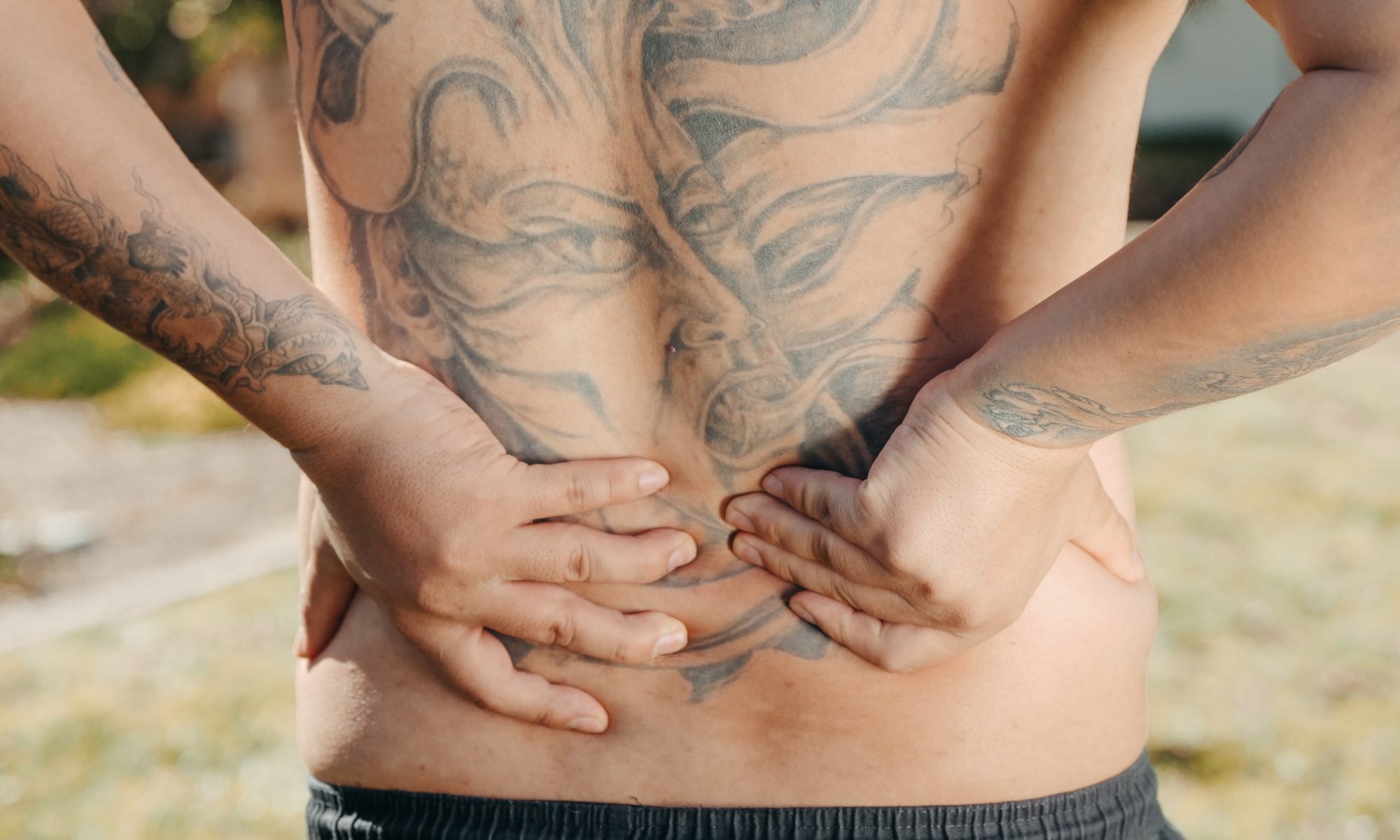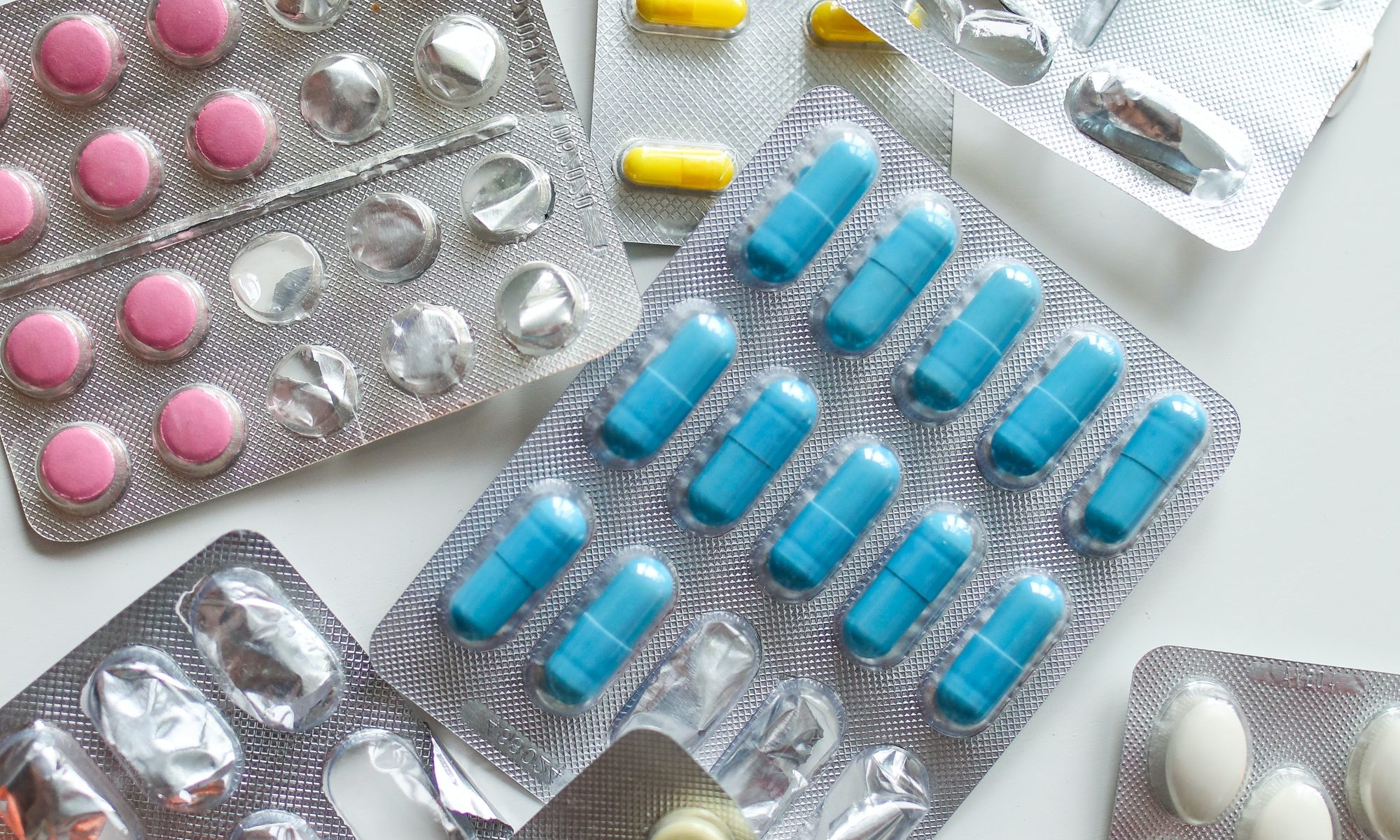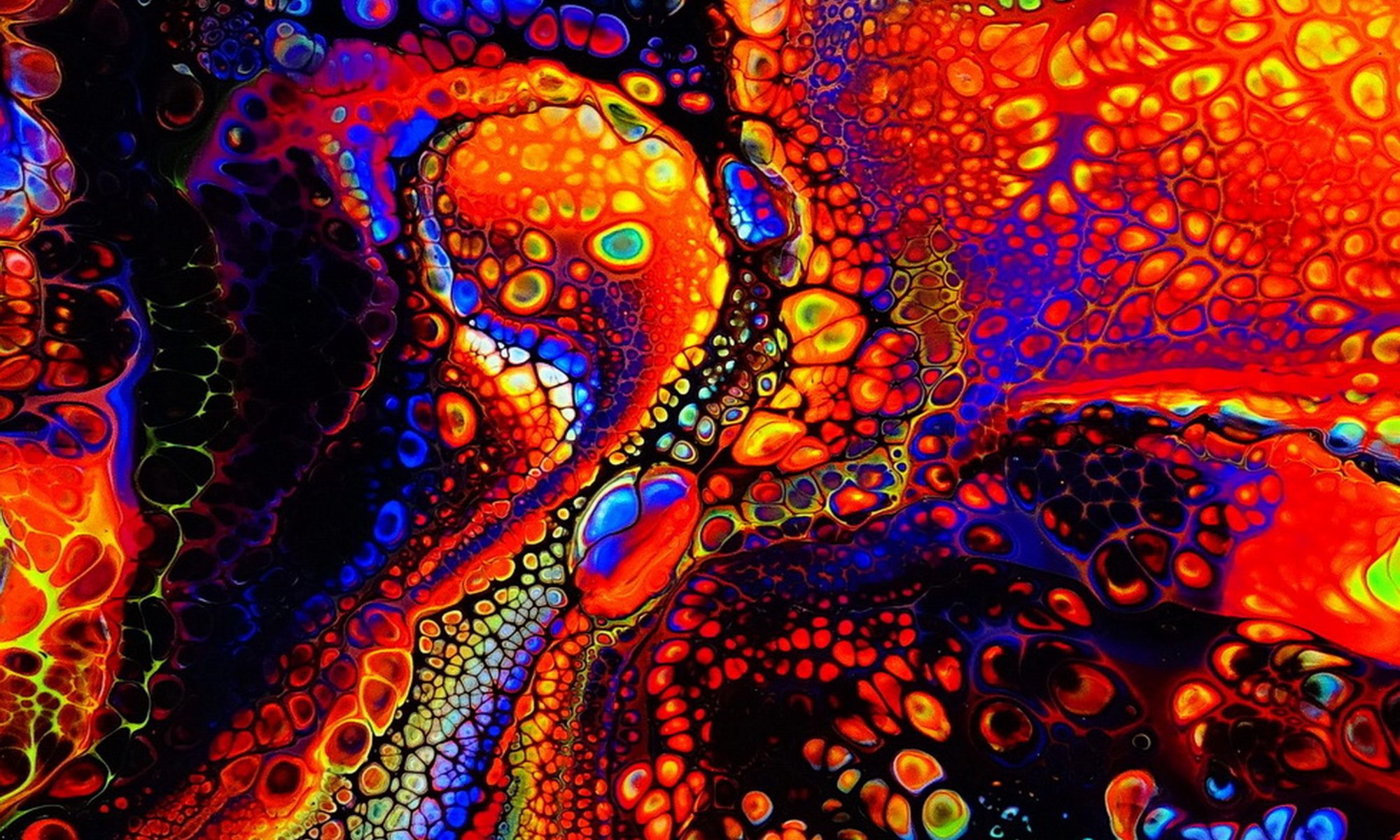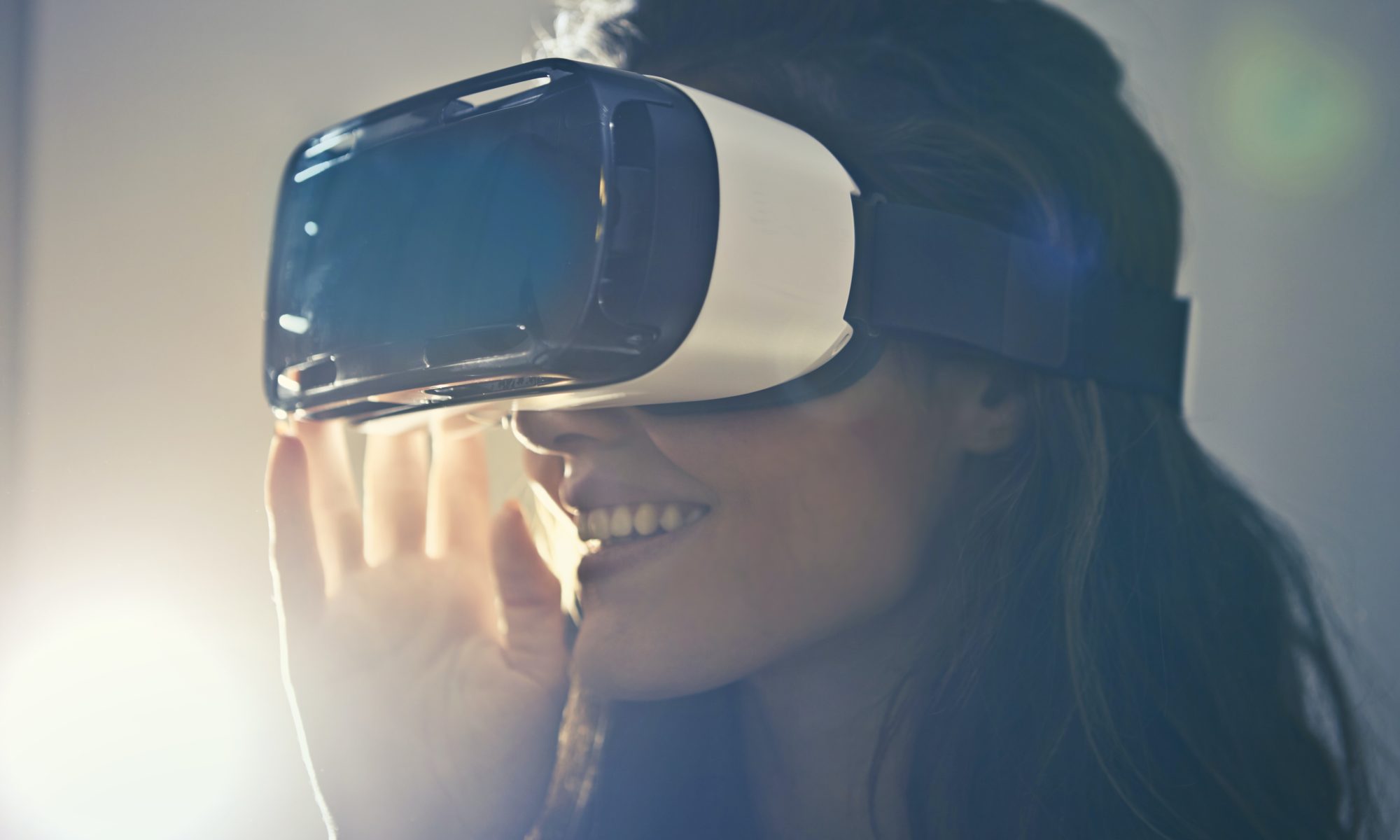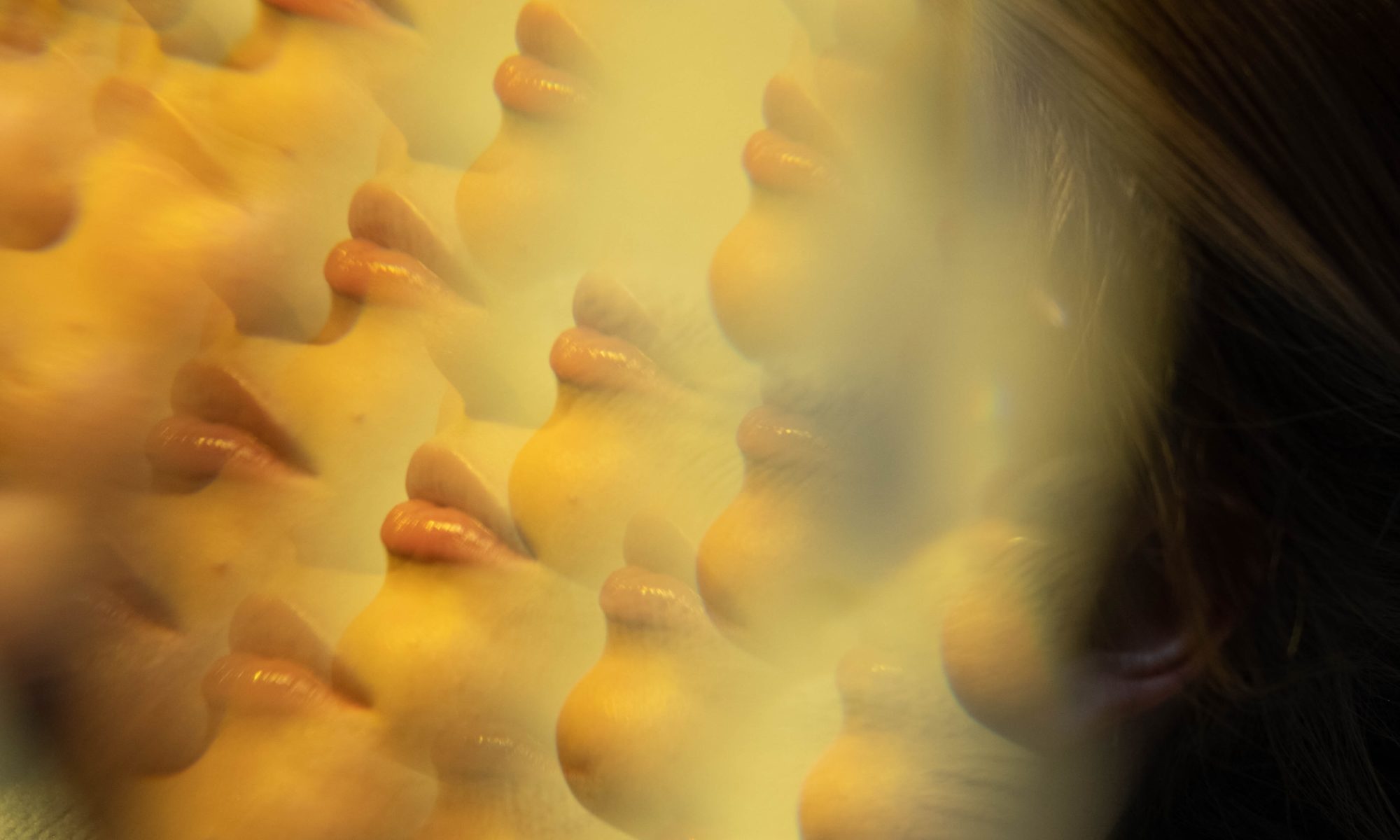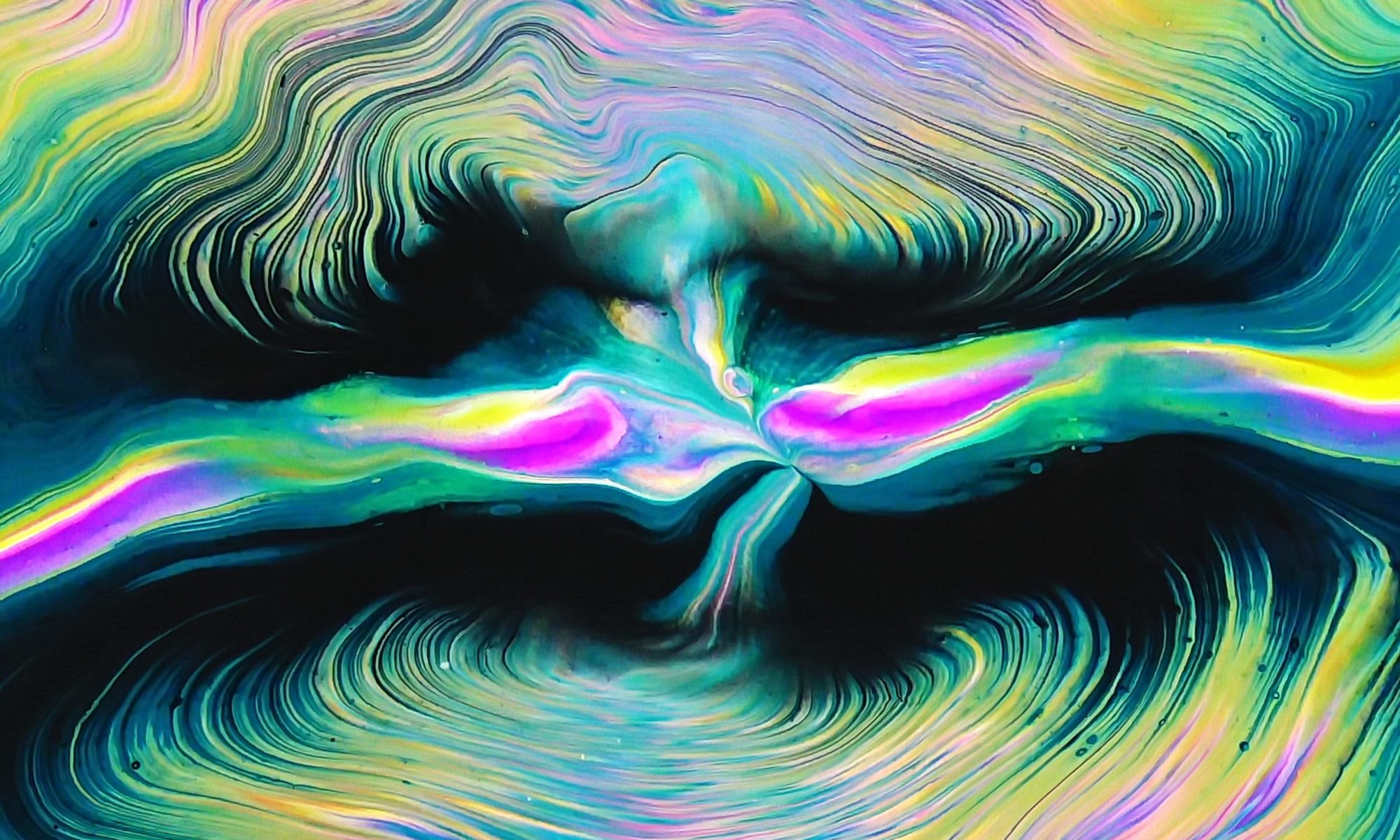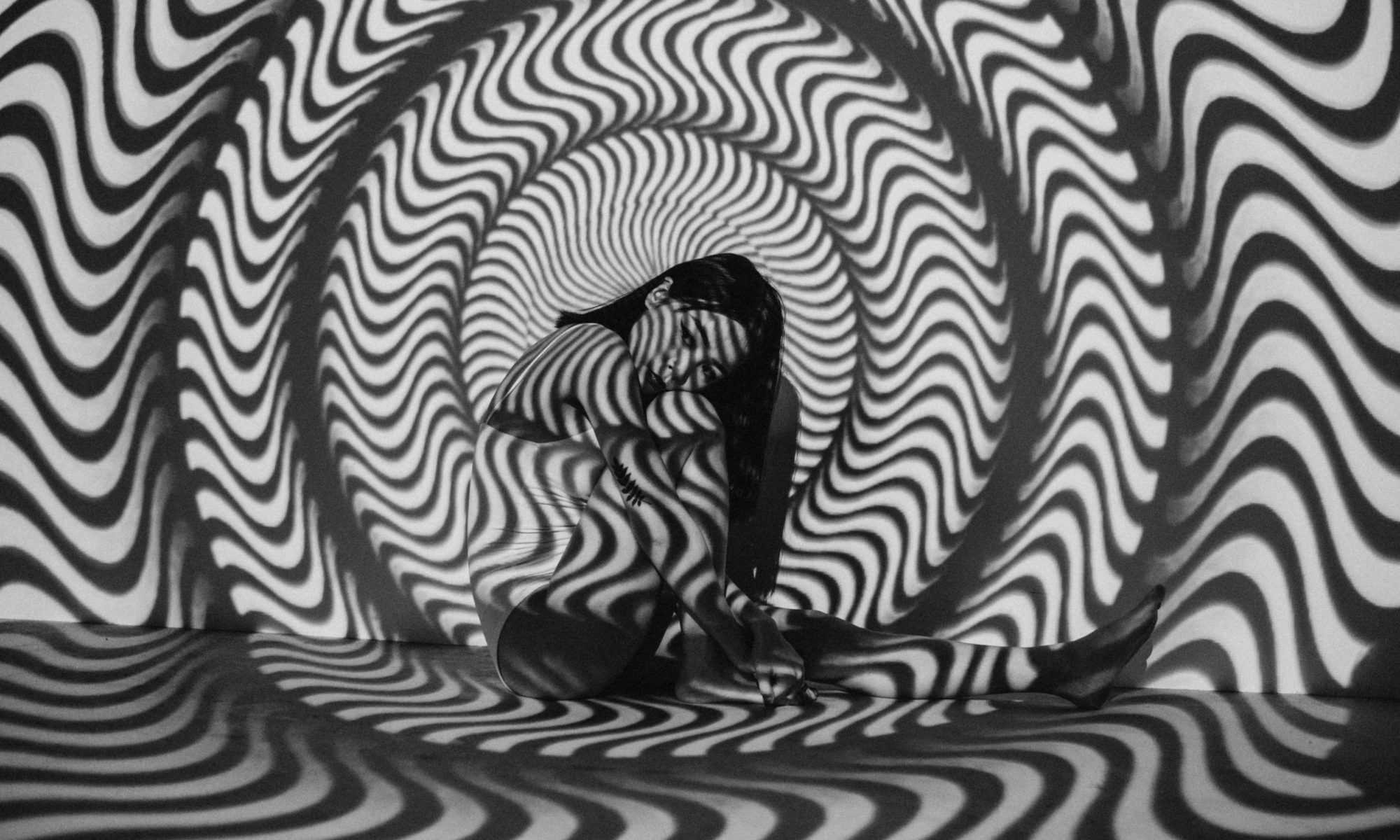Tasmanian ketamine study to treat chronic pain patients
About 60% of patients with chronic pain also suffer from a second condition like depression or anxiety.
A University of Tasmania researcher predicts that ketamine therapy will have a “dual beneficial effect” on both pain and mental health.
Other chronic pain experts share this belief. “The domains of pain, anxiety and depression are all connected. If you treat one, another often gets better,” according to researcher Dr. David Borsook.
The hypothesis will be put to the test in an upcoming study of 30 chronic pain patients, which received a $80K grant from the Clifford Craig Foundation.


